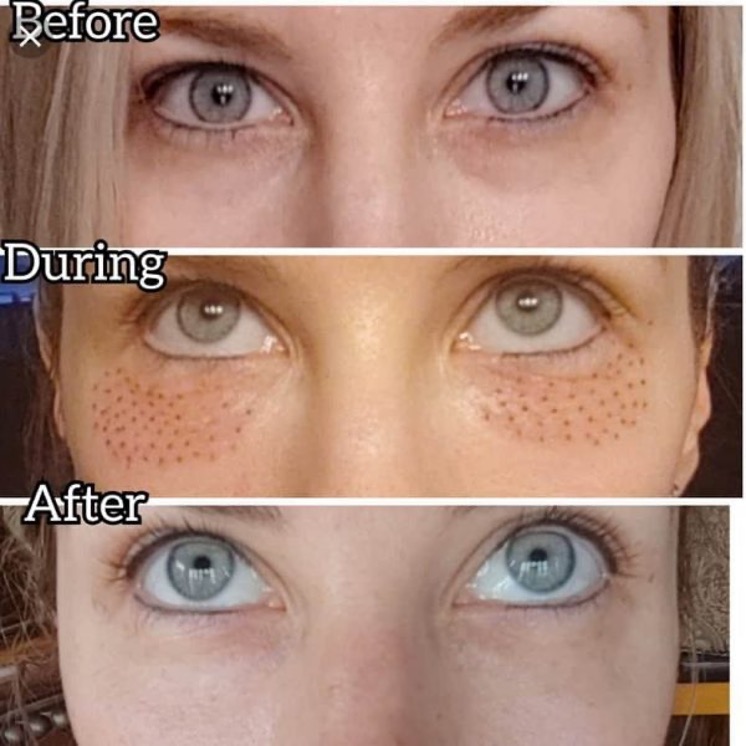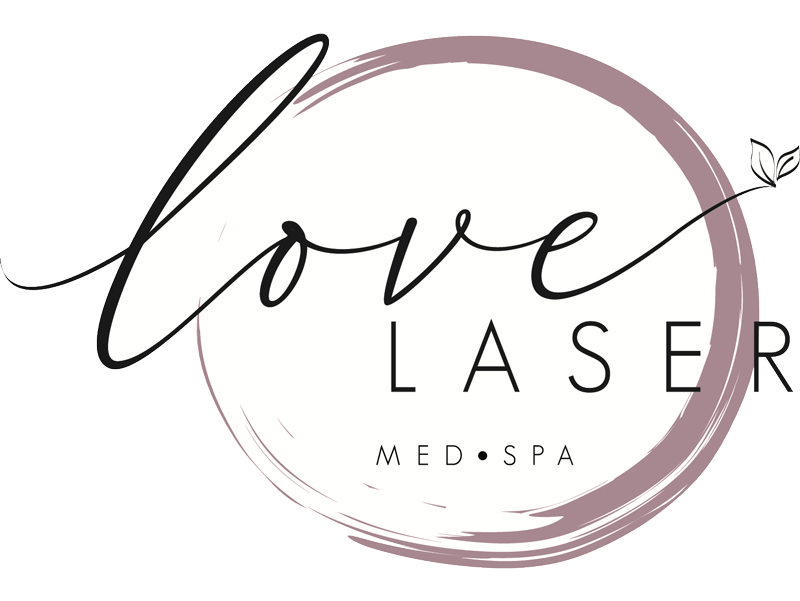
Plasma Pen is the latest cosmetic procedure to combat wrinkles, loss of collagen, and sagging skin. As we age, the dermal layer of our skin. We produce less collagen, and lose elasticity. All of these factors cause sagging and wrinkling of the skin. The Plasma Pen is a procedure targeting a wide variety of skin conditions including loss of elasticity, sagging, and wrinkles that have been traditionally treated with fillers or plastic surgery.
What is the Plasma Pen?
Plasma Pen is the world’s most advanced, non-invasive, skin lifting, skin tightening and rejuvenation device used to treat wrinkles, and sagging, dull skin. The Plasma Pen is an FDA approved, CE approved device used to perform fibroblast therapy, a technique used to stimulate production of collagen in the skin.
How does the Plasma Pen work?
Our highly trained and certified Plasma Pen technicians use the device to delivery plasma fibroblasting. The plasma significantly tightens, lifts, resurfaces, and regenerates practically any area of the skin.
Plasma Pen converts electrical energy into gaseous diatomic molecular nitrogen and transmits that energized in a non-contact way to the skin’s surface from above. This causes a micro-trauma to the skin’s epidermal layer (top layers) whilst simultaneously heating and disrupting the deeper dermal structure via thermal conduction. This treatment is also known as fibroblasting.
What areas can be treated with Plasma Pen?
Fibroblasting produces excellent results for any area of the body, particularly the face and neck regions.
- Accordion lines – the lines that form outside of the mouth when you smile
- Acne scars – improvement in the appearance of post-acne marks and scars
- Crow’s feet around eyes
- Forehead lines
- Jowl / jawline tightening
- Marionette lines – The creases or folds that run vertically from the corners of the mouth down to the chin
- Nasal labial folds / smile lines – The folds that run from the sides of your nose down to the edge of your mouth
- Necklines, turkey neck
- Smoker’s lines – those vertical wrinkles also known as lipstick lines around the mouth
- Stretchmarks
- Upper and lower eyelids – Bags and hoods
What is unique about Plasma Pen vs. other Fibroblasting devices?
Other fibroblasting devices are often referred to as Plasma Pen but are not the actual trademarked device. Other competitor’s devices can be purchased from China for as little as $10 and are not true plasma technology. At best, they are designed for personal skin tag and mole removal. These pens are not suitable for professional use and can be dangerous.
Many of the technicians performing fibroblasting are not professionally trained. There are many contraindications for fibroblasting including but not limited to certain medical conditions, medications and skin types. Also, it is important to mention the specific techniques used to obtain the best results. Do you homework and be very cautious.
How long will it take to see results?
Plasma Pen skin tightening results are impressive but should not be proposed as an alternative to surgery in cases of moderate to severe skin laxity. Only surgery can achieve these kinds of results. You will typically see immediate tightening along with cumulative improvements over the next three months in the appearance of saggy skin. In some cases it may require more than one session depending on the desired results.
Is the Plasma Pen treatment painful?
Plasma Pen is mildly to moderately uncomfortable. Everyone’s pain level is different and some areas of the body are more sensitive than others. Numbing cream is helpful in reducing the discomfort during treatment.
What are the risks of the Plasma Pen treatment?
The Plasma Pen is a relatively safe treatment, particularly when compared to more invasive cosmetic procedures. However, no procedure is without risks and it’s important to review and understand the risks
- Swelling and bruising
- Scabbing and crusting
- Skin discoloration
- Scarring
What downtime can I expect after my Plasma Pen treatment?
There IS downtime. “Downtime” is very subjective. What you think “looks bad” and/or is “uncomfortable” can be very different from someone else’s perception. If you are comparing it to cosmetic surgery, then no, the downtime is minimal. If you are comparing it to a light chemical peel where no one can tell you did anything and you are just a bit flaky everywhere, then no.
- Redness, swelling and scabbing in the treatment area
- Average of 8 days downtime on the face and neck areas
- Average of 10 to 14 days on the body, depending on the area being treated and the intensity of the treatment
- Swelling usually begins the day following your treatment, and peaks around day 3
- After day 3, swelling subsides and scabs form.
- Scabs normally begin to fall off around day 6 and 7 (for face and neck)
Please be aware that the days indicated are simply guidelines for average healing time. Healing time and results may be negatively compromised by not following the aftercare protocol: no drinking alcohol, no smoking and no picking/scrubbing. If your health is compromised in any way, this can also extend your healing time and negatively affect your results.
